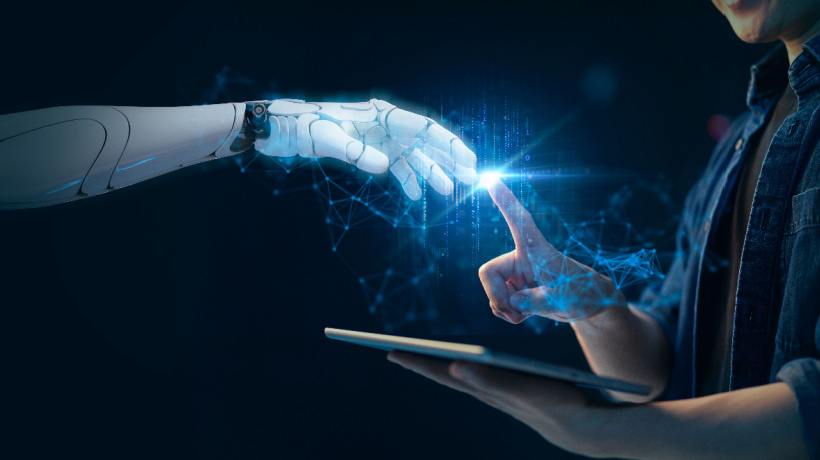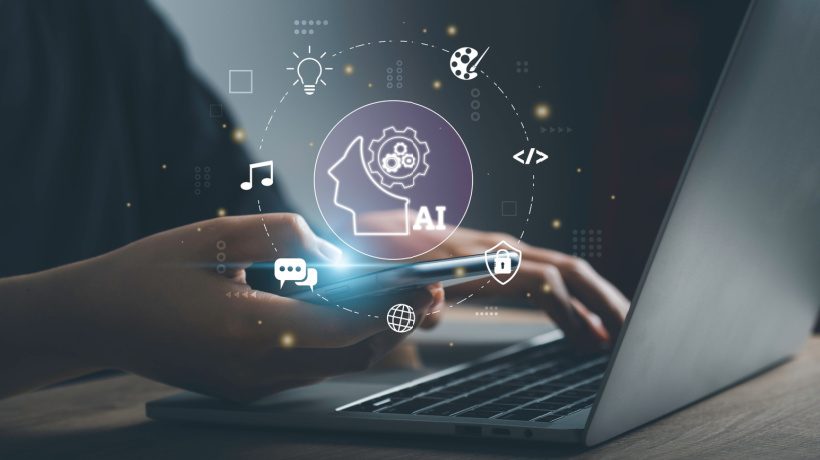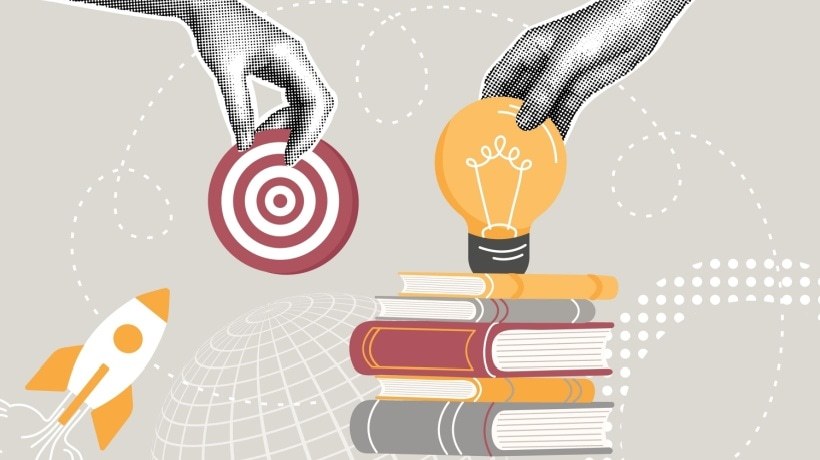Exploring AI's Influence On Learning
From adaptive learning platforms to intelligent tutoring systems, AI is reshaping how we learn, enabling personalized experiences, improving teaching practices, and enhancing feedback loops. In this article, we will explore some key insights and trends on how AI is revolutionizing education and delve into what educators really think about AI in education.
Insights Into What AI Is Currently Doing For Education
1. AI Enables Adaptivity In Learning
AI-driven adaptive learning platforms harness the potential of advanced algorithms to customize educational content and instruction, based on individual learners' abilities. This adaptive approach proves especially beneficial for individuals with disabilities, empowering them to surmount challenges and actively participate in the learning process. Through the integration of eLearning, inclusivity in education is further promoted by offering personalized and customizable learning experiences. These platforms leverage assistive technologies, ensuring that learners with disabilities have the necessary tools and resources to fully engage in the educational journey.
By analyzing vast amounts of data and gaining insights into each student's learning patterns and preferences, AI also enables a more engaging and effective learning experience for everyone. Students can learn at their own pace, receiving personalized recommendations that cater to their unique needs and promoting a deeper understanding of the subject matter. This inclusive use of AI in education is transforming the landscape of learning, providing equal opportunities for all learners to thrive.
2. AI Can Enhance Feedback Loops
Formative assessments refer to evaluating student progress and providing feedback throughout the learning process. AI systems can enhance formative assessments by leveraging Machine Learning algorithms to analyze student performance data and provide timely and targeted feedback. By providing immediate and constructive feedback, AI helps students become self-aware and self-regulated learners.
Current AI Trends In EdTech
1. Virtual Reality (VR) And Augmented Reality (AR) In Education
AI also drives innovation in immersive technologies such as Virtual Reality (VR) and Augmented Reality (AR). Teachers are using these technologies to provide students with immersive and interactive learning experiences, enabling them to explore virtual environments and manipulate virtual objects. AI algorithms can enhance these experiences by tailoring content and adapting simulations based on individual student interactions and performance.
2. AI-Powered Intelligent Tutoring Systems
Intelligent tutoring systems (ITS) are leveraging AI to provide personalized, one-on-one instruction to students. They analyze student data, including responses to questions, patterns of engagement, and progress. Over the last few years, ITS has allowed teachers to create their own lessons rather than rely on an AI programmer. Koedinger, a professor of Human-Computer Interaction and Psychology at Carnegie Mellon, suggests that this new interface is increasing teachers' adoption of intelligent tutors.
This, in turn, is benefiting teachers in that this system is freeing up time for them to focus on other areas of education, but most importantly, it is benefiting their students. The ITS is ensuring they receive individualized support, like that of a human tutor, fostering deeper understanding and knowledge retention.
3. Natural Language Processing (NLP) For Language Learning
AI-powered Natural Language Processing (NLP) technologies are playing a significant role in helping teachers empower students who struggle with reading to express themselves more effectively. By leveraging AI's capabilities, NLP tools can analyze and understand students' written or spoken language, providing valuable insights and feedback. These technologies can identify areas where students face difficulties, such as vocabulary comprehension, sentence structure, or grammar, and offer targeted interventions to support their learning journey. By receiving personalized and timely feedback, students gain the confidence to express themselves, knowing that their ideas are being understood and valued.
Furthermore, NLP technologies can adapt to individual learning styles, making learning more engaging and interactive. With AI-powered NLP tools as their allies, teachers can unlock the potential of every student, fostering an inclusive and supportive learning environment where all students, regardless of their reading challenges, can thrive.
4. AI Quiz Makers
Teachers are increasingly utilizing AI quiz makers to enhance their assessment practices and engage students in interactive learning experiences. AI quiz makers leverage Machine Learning algorithms to generate dynamic quizzes tailored to individual student needs. These tools can automatically generate questions, analyze student responses, and provide instant feedback, saving teachers valuable time and effort.
5. ChatGPT
Teachers are increasingly utilizing Artificial Intelligence chatbots like ChatGPT to enhance their teaching practices and provide personalized support to their students. These chatbots serve as virtual assistants, capable of answering questions, providing explanations, and engaging in meaningful conversations with students.
However, there are some educators who have yet to accept the use of ChatGPT and other AI chatbots within their lessons due to concerns about its potential for providing inaccurate information and enabling plagiarism claims. But with continuous advancements and the introduction of GPT4, which was developed to be smarter, this has the ability to change opinions in the future.
Educators' Current Stance On AI In Education
As we've reached the midpoint of 2023, the presence of AI in education is becoming increasingly unavoidable. Many educators are embracing AI technologies and incorporating them into their lessons, recognizing their potential benefits. However, alongside this adoption, there is a growing emphasis on addressing ethical considerations and mitigating bias in AI applications within education.
Teachers and education stakeholders hope that AI in education honors ethical considerations and promotes fairness, transparency, and inclusivity. Efforts are being made to develop guidelines and standards for the responsible and equitable use of AI in education, ensuring that it serves as a tool that supports student learning and growth while upholding ethical principles. By prioritizing ethical considerations and actively mitigating bias, educators aim to create an environment where AI technology complements and enhances the educational experience for all students.
It is fair to say that Artificial Intelligence is transforming the landscape of education by revolutionizing how we learn, teach, and assess, and as AI continues to advance, it is crucial to leverage its potential. However, we must also ensure ethical considerations and human involvement are in place to shape a future of education that benefits all learners.









